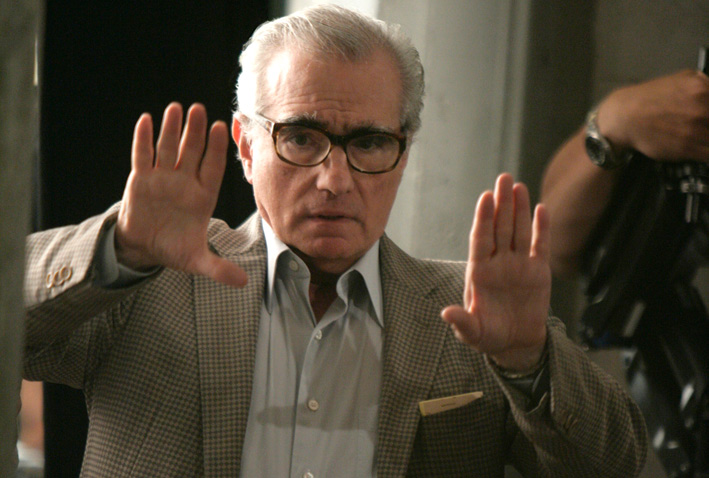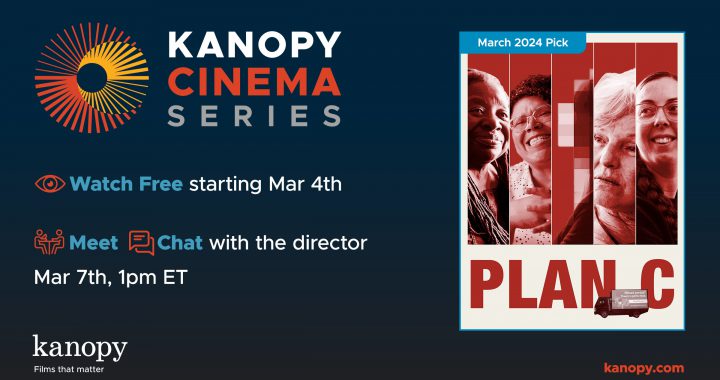In a time filled with uncertainty and rapid change, it’s essential to think critically about the world as well as understand the past. Martin Scorsese’s Portraits of America: Democracy on Film curriculum presents film not just as entertainment, but as an educational tool. Scorsese explains, “We all need to make sense of what we’re seeing. […]
Continue readingCategory Archives: Resources
AU Students Can Sign Up for a DCPL Library Card
September is National Library Card Sign-Up Month! While American University students have access to tons of resources through the AU library, there’s even more you can do with a public library card. If you are an on-campus or commuter student living in DC, you are entitled to a DC Public Library card. You’ll be able […]
Continue readingStreaming vs. the Material Media Comeback
As a Seinfeld fan, I’m lucky that the entire show is available to watch on Netflix. An episode here, an episode there. I’m free to pick and choose whichever I want without having the luck of the draw coming on late night cable. But what if that’s the only show I’m interested in watching on […]
Continue readingKanopy Cinema Series and Upcoming Event!
One of the many resources available to faculty and students through the American University library is Kanopy, a streaming video platform primarily for educational and academic content. Kanopy offers a rotating collection of media with access to over 10,000 titles and it’s completely free to use with your AU library account! One of Kanopy’s newest […]
Continue readingWhat is a Mirrorless Camera?
As the name suggests, mirrorless cameras capture frames without the use of a mirror in the camera body. This is different to DSLR cameras, which use a mirror to reflect incoming light from the shutter onto the the image sensor. Mirrorless cameras let incoming light hit the image sensor directly, resulting in a faster image […]
Continue readingDid You Know?: Every AU Student and Staff Member Has Access to Free Language Learning Videos
The university gives everyone with an AU email access to Films on Demand (FOD). Included in their library is a large number of language learning videos on Chinese, French, German, Greek, Hebrew, Italian, Japanese, Korean, Portuguese, Sign Language, and Spanish. We at Media Services are most excited about the American Sign Language (ASL) learning videos […]
Continue readingWhat you can and cannot do on a Chromebook
Introduction As you may know, the American University Library has a collection of Chromebooks for students whose personal laptops are temporarily out-of-order and have been sent for repairs. A student has to fill up the Chromebook Request Form with a proof of repair order, and the Media Services department can issue a Chromebook and charger to […]
Continue readingStreaming Films and Documentaries on Voting and Elections in the United States and Beyond
by Emily Walsh While the 2020 presidential election votes are still being counted, this list of streaming documentaries and feature films at the AU Library dives into elections and voting behaviors in America and other countries around the world. Enjoy this collection of 15 videos to help take your mind off of the news and […]
Continue readingWhy We Buy DVDs
Yes, I know it’s 2020, but when I’m looking to buy a movie, I opt to buy the DVD, even if it’s slightly more expensive than a digital copy. This is primarily because I’m paranoid — my computer may crash, the file type may be phased out, a company’s server may crash, the company may […]
Continue readingThe Myth of Kanopy
We here at Media Services recently changed our Kanopy subscription. Before this semester, library users could watch any Kanopy film at any time, no questions asked. Though Kanopy looks (and markets itself) as the educational equivalent of Netflix or Amazon Prime, instead of paying a flat fee of x dollars/month, the library paid $150 per […]
Continue reading






